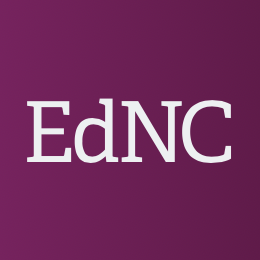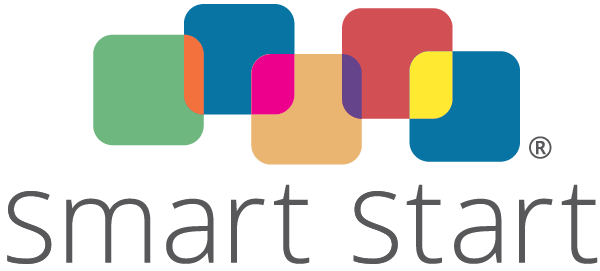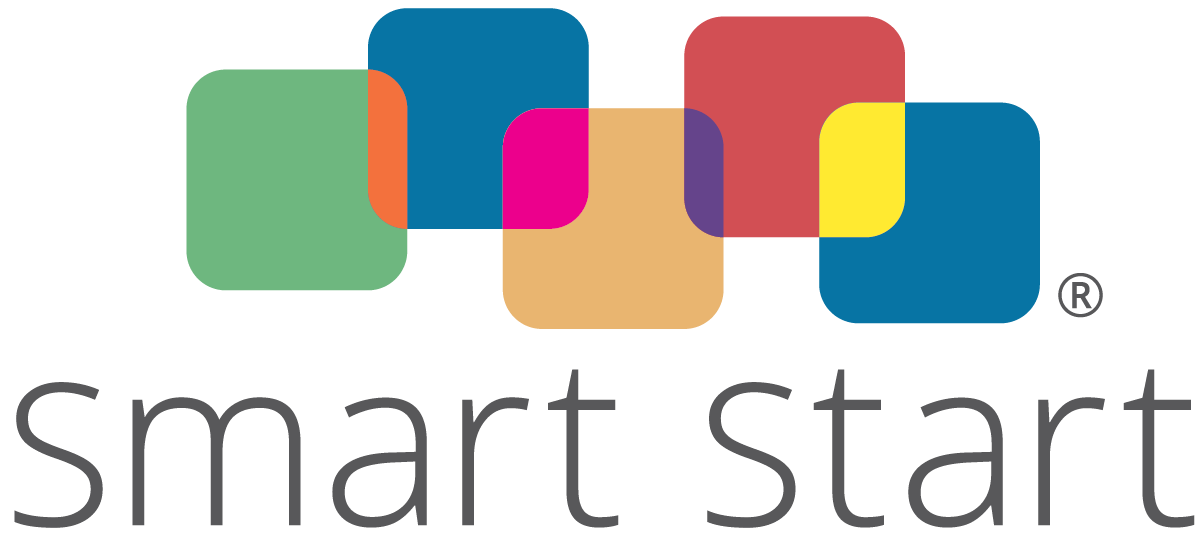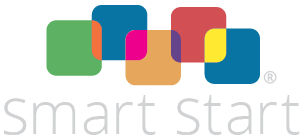Leandro | Here are the Key Ways North Carolina Could Boost Learning in Early Childhood. By Liz Bell, EdNC
A sound, basic education begins at birth.
The court in Leandro has affirmed what educators and the early childhood community know: “a high-quality early foundation for learning is critical for later success in school and beyond.” To meet its obligations, the state must maintain a robust system of early education, health, and family support beginning at birth. The court has specifically identified Smart Start as central to this effort.

Below is an experpt from an article by Liz Bell of EdNC. Part of series that will examine each of the components of the Leandro consent order through the lens of schools and communities in North Carolina.
Here are the Key Ways North Carolina Could Boost Learning in Early Childhood
An early childhood teacher is asking her 4-year-old Chapel Hill students, in Spanish, how many plates they need at their table.
The students, most of whom are native English speakers, speak only in Spanish in this NC Pre-K classroom at Spanish for Fun Academy, a Spanish-immersion private child care center.
Students are excitedly counting the spots around their family-style dining setup. “Cinco!” “No, seis!”
The Orange County Partnership for Young Children — one of 75 local Smart Start partnerships — makes sure sites like this one are supported, from providing professional development to teachers, to introducing healthy nutritional practices, and to funding outdoor learning environments.
Around back, Maria Hitt, the partnership’s program manager for Healthy Starts for Infants and Toddlers, points out that the center has cut the number of trashcans lined up by the side of the building in half by getting rid of paper products for meals. She says the partnership provided the center with a dishwasher to make that possible.
…
In that report’s section on early childhood education (starting on page 87), the group found the system that cares for and educates the state’s youngest children has strong points but needs greater funding, more qualified educators, and broader reach. Both the consent order and the WestEd report specifically mention targeting “at-risk” children and their families with high-quality services and education.
Below, we break down the WestEd recommendations for early learning — scaling up Smart Start, expanding NC Pre-K, aligning early education and elementary settings, and strengthening the early educator pipeline — and examine the state’s status with each of them.
Smart Start
Smart Start began in 1993 with the intention of meeting 25% of the early childhood learning need, which the program calculates by using data on child population, cost of care, poverty levels, and existing state and federal funding. The infrastructure met only about 5% of that need in 2018, according to the WestEd report, spending $147 million.
Research from a 2011 Duke University study found that children in counties that received relatively more Smart Start funding than others had higher math and reading scores by the time they reached third grade and were less likely to be placed in special education.
The WestEd report calls for increased overall funding so local partnerships can meet their original intention of 25% of early learning community needs, as well as specific funding to address administrative costs of the 75 local partnerships across the state and start-up costs for new programs.


